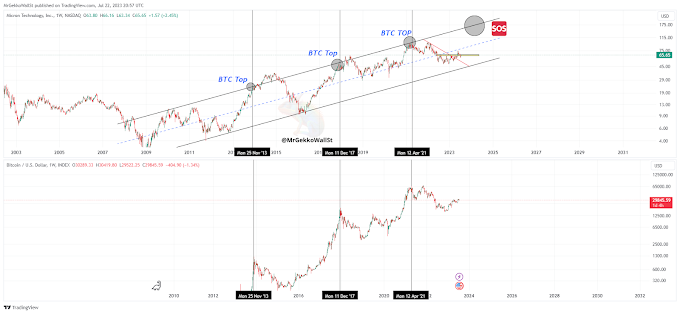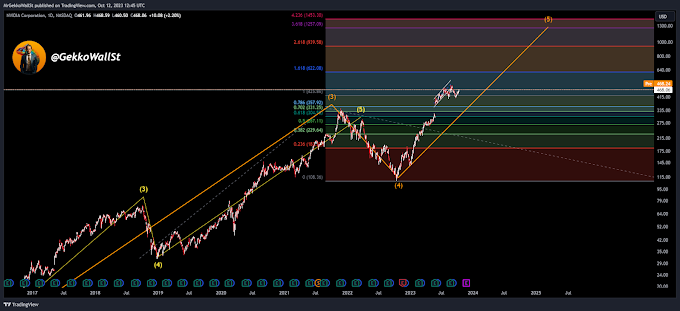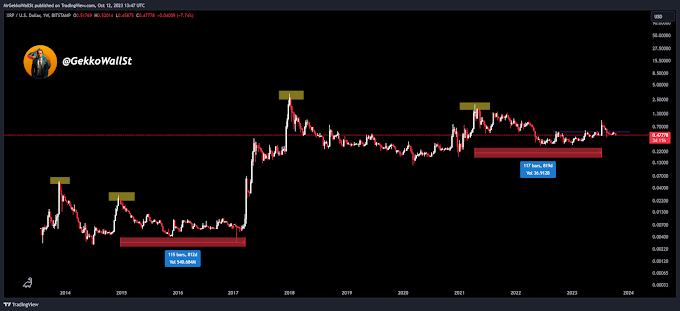Oracles play a crucial role in cryptocurrency projects by providing real-world data to blockchain networks. Cryptocurrencies and blockchain networks are mostly isolated systems operating in a virtual environment. However, many decentralized applications (DApps) and smart contracts require external information to function properly. This is where oracles come into play.
In the context of cryptocurrencies, an oracle is a service or mechanism that provides real-world data to a blockchain or smart contract. This data can range from asset prices, exchange rates, weather conditions to sports event outcomes. Oracles ensure that reliable and accurate information is fed into blockchain networks, enabling smart contracts to make decisions based on this information.There are different types of oracles:
1. Centralized Oracles: These are controlled by a single centralized entity, which can create a single point of failure and potentially compromise data reliability.
2. Decentralized Oracles: Designed to be resistant to single failures and manipulation. They often operate on decentralized networks and use consensus mechanisms to ensure data accuracy.
3. Aggregating Oracles: These oracles collect data from various sources and calculate an average or consolidated value, reducing the influence of incorrect or manipulated data.
4. Witness Oracles: Use trustworthy witnesses to validate data before sending it to the blockchain. This can help verify data accuracy.
5. Asynchronous Oracles: Gather information over time to prevent momentary incorrect data from influencing smart contract decisions.
Chainlink is an example of a descentralized oracle
However, oracles also face challenges. They can be vulnerable to data manipulation attacks, where malicious actors attempt to provide false information to benefit financially. Additionally, ensuring the security and reliability of data is an ongoing challenge.
Cryptocurrency projects often develop sophisticated mechanisms to mitigate these risks, such as combining data from various sources, using encryption, and incentive systems to encourage honesty among oracle participants.
In summary, oracles are a critical component for integrating real-world information into cryptocurrency projects and smart contracts, allowing them to make decisions based on reliable data outside the blockchain environment.






